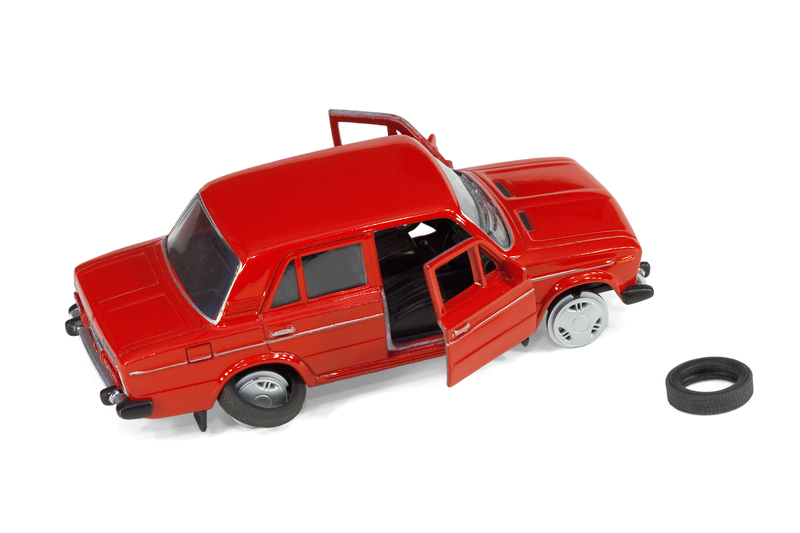How to Ensure Your Old Chargers Are Recycled Properly
With technology advancing at lightning speed, old phone chargers, USB cables, and power adapters quickly become obsolete. Disposing of these old chargers responsibly is vital for the environment and helps recover valuable resources. But what are the safest and most effective ways to recycle old chargers properly?
This comprehensive guide will explore everything you need to know about recycling old chargers the right way. You'll understand why electronic waste is a serious issue, learn the best recycling methods, and discover tips to ensure your chargers don't end up polluting the planet.

Why Recycle Old Phone Chargers and Cables?
We're surrounded by electronics, and millions of outdated or broken chargers, cables, and adapters are discarded every year. Unfortunately, most of these items are not biodegradable, and improper disposal can be harmful to the environment. Here are some compelling reasons why proper charger recycling is crucial:
- Prevents E-Waste Pollution: Chargers contain metals, plastics, and chemicals that can leach into soil and water if dumped in landfills.
- Recovers Valuable Materials: Recycling e-waste allows valuable copper, aluminum, and plastic components to be reclaimed and reused in new products.
- Reduces Greenhouse Gas Emissions: Less mining and manufacturing are required when materials are recycled, lowering the overall carbon footprint.
- Helps Comply With Environmental Regulations: Many regions have strict electronic waste disposal laws.
- Promotes a Circular Economy: Proper recycling keeps resources in use and out of the waste stream.
What Happens If You Throw Old Chargers in the Trash?
Tossing old phone chargers, laptop adapters, or cables in the garbage is not just wasteful, it can be dangerous. Common charger components like circuit boards, solder, and insulation can contain hazardous substances such as lead, mercury, and phthalates. In landfills, these toxins may leach out and contaminate soil and water.
Furthermore, most curbside recycling systems are not equipped to process small electronic devices. If mixed with regular recyclables, chargers can jam sorting machines and endanger recycling workers.
Step-by-Step Guide to Recycling Old Chargers Properly
1. Assess the Condition of Your Chargers
Not all old chargers have reached the end of their usable life. Before recycling, check to see if your charger is still working or can be reused:
- Test the charger with a compatible device.
- Check the cable for fraying, exposed wires, or loose plugs.
If the charger works or can be easily repaired, consider reusing or donating it before recycling. This extends the life of the item and reduces overall waste.
2. Find a Certified E-Waste Recycling Center
The safest way to recycle electronic accessories is to bring them to a certified e-waste recycling facility. Not all recycling centers accept small electronics, so it's important to find a facility that handles old charger recycling according to environmental regulations.
Where to search for e-waste recycling drop-off:
- Local council or municipal recycling programs: Search your town or city's website for electronics recycling events or permanent drop-off locations.
- Retailer take-back programs: Many electronics stores offer recycling bins for small devices and accessories (see below).
- National e-waste recycling websites: Use directories like Earth911 or Call2Recycle to find local drop-off points.
Always verify that the facility is R2 (Responsible Recycling) or e-Stewards certified. These certifications guarantee responsible recycling practices and safe handling of hazardous materials.
3. Use Manufacturer and Retailer Recycling Programs
Big names in electronics provide convenient recycling options:
- Apple: Apple stores accept chargers, cables, and other accessories for recycling through their Apple Recycling Program.
- Best Buy: Many Best Buy stores have collection bins for small electronics, including chargers and cords.
- Staples: Staples offers recycling services for small electronic peripherals in-store.
- Samsung, Dell, HP: Large manufacturers often offer mail-back or trade-in programs for old phone and laptop chargers.
*Contact the company or check their website for details on accepted items and limits.
4. Protect Your Personal Safety and Data
Though chargers typically don't store personal data, it's worth double-checking if they have any "smart" features or are paired with smart devices. Remove any batteries, SIM cards, or microSD cards before recycling. Tape exposed wires to prevent short circuits during transport.
5. Package and Drop Off Responsibly
Bundle cables with twist ties or rubber bands to keep them organized. If mailing in your items, follow the program's packaging instructions to prevent damage. Drop off your bag or box of chargers at the designated e-waste collection site or retailer bin.
Alternative Ways to Dispose of Old Phone Chargers
Explore Donation and Reuse Opportunities
- Donate to local charities: Some nonprofits and schools collect working chargers for community members or classroom use.
- Offer for free online: Post on platforms like Freecycle, Craigslist, or Facebook Marketplace to see if anyone needs your old charger model.
- Repurpose creatively: Old USB cables can be used for art projects, DIY charging stations, or organizational aids.
Donation and reuse help maximize the lifespan of your charger before it enters the recycling stream.
Participate in Community Electronics Waste Events
Many local governments and organizations host special electronics recycling events. These events accept a range of e-waste, including chargers, adapters, and cables. Frequently, participation is free for households, making it an easy and convenient old phone charger recycling opportunity.
Frequently Asked Questions About Charger Recycling
Can You Put Old Chargers in the Recycle Bin?
No. Most municipal or curbside recycling programs do not accept chargers, cords, or small electronics. Putting them in the regular recycling bin can contaminate the process and cause additional waste. Always use a specialized e-waste recycling program.
Are Old Chargers Hazardous Waste?
While most chargers are not officially classified as hazardous waste, they contain metals and plastics that can be harmful if not managed correctly. Some charging devices, such as those with batteries, may qualify as hazardous and should be handled with extra care.
Do You Have to Pay to Recycle Old Chargers?
Typically, most certified e-waste recycling services and retailer take-back programs accept chargers and cables for free, especially if you're dropping off small quantities. Some specialized services might charge for bulk recycling or pick-up.
What Materials Get Recovered from Old Chargers?
When old chargers are recycled properly, a variety of valuable and reusable materials can be recovered, including:
- Copper and aluminum wiring (used in new electronics and industrial products)
- Plastic casing (can be remolded into new products)
- Small quantities of precious metals (like gold, silver, and palladium from circuit boards)
Tips to Reduce Charger Waste in the Future
As we strive to recycle phone chargers properly, it's also important to minimize e-waste from the start. Here are some tips:
- Buy universal chargers: Opt for multi-device charging cables (such as USB-C) to reduce future clutter.
- Invest in durable options: High-quality cables and adapters with reinforced ends last longer.
- Repurpose before recycling: Use old chargers in secondary locations, like the car or workplace, before retiring them.
- Support brands with recycling programs: Many eco-conscious companies now design products for easy recovery and offer robust take-back programs.

The Environmental Impact: Why Every Charger Counts
According to the Global E-waste Statistics Partnership, more than 53 million metric tons of electronic waste were generated worldwide in 2019 alone. While chargers might seem insignificant, they are part of a massive, growing problem. Small accessories are consistently overlooked, meaning billions of cables and adapters are sent to landfills each year.
Making the extra effort to find a proper recycling point for old chargers helps curb the e-waste crisis and conserves important resources. Even a single recycled charger means less pollution, less mining, and a step toward a greener planet.
Conclusion: Ensure Your Old Chargers Make a Positive Impact
Properly recycling old phone chargers, laptop adapters, and cables is a small effort with a large environmental payoff. Don't throw your outdated chargers in the trash. Instead, use the detailed methods described in this guide to dispose of them responsibly via certified e-waste recyclers, retailer take-back programs, or community events. By making careful choices today, you're helping to build a cleaner, healthier tomorrow.
Remember: recycling old chargers is easy, accessible, and essential. Make it a habit and spread the word!